With our elections looming, ANDREW JOHNSTONE asks whether it’s time to revisit a time when NZ boasted progressive thinking and the most equitable distribution of wealth in the world.

My idea of New Zealand was informed by two ongoing family conversations, the first of which begins with my paternal grandparents Bill and Sylvia. In 1930 they purchased a parcel of former swampland just outside of Cambridge (in the central Waikato) and began the job of raising a family and developing the land into a productive dairy farm.
Times were tough and though saddled with a burdensome debt at the height of the Great Depression they took in dozens of the homeless and jobless men who were walking the roads in search of food and opportunity. They fed them and cash poor though they were themselves, always made sure the men left with a few coins in their pocket.
Not far up the road was a marae suffering the extreme poverty typical of the time. Occasionally Bill and Sylvia took in young Maori children and fed them up, giving their parents a break and offering the kids some respite from their less than suitable circumstances. But I didn’t hear these stories from my grandparents, who were too humble to talk about their good deeds.
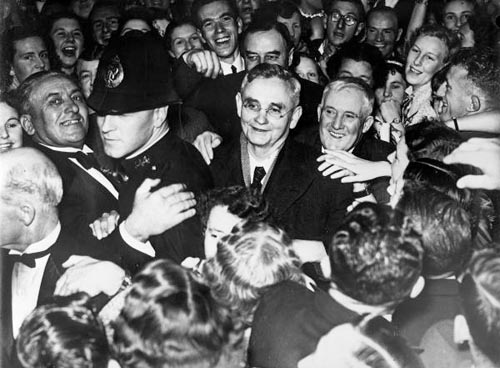
Grandpa’s ongoing conversation with me concerned Michael Joseph Savage, NZ’s first Labour Prime Minister, the man who led the nation out of the great depression and into economic prosperity. Elected in 1935, Savage’s political philosophy was simple – he called it ‘True Christianity in Action’ and one of his first acts as PM was a financial grant to enable families in need the means to enjoy a decent Christmas dinner that year.
A raft of reforms aimed at improving the lives of working New Zealanders were to follow, including free education, health care, better working conditions and social welfare programmes, but most notably for my grandparents was legislation aimed at getting the burgeoning dairy industry on its feet.
The measures this government put in place were instrumental in creating what has become the world’s leading dairy industry and a key to its success was a guaranteed price for milk fat, paid for by Reserve Bank credit: a revolutionary act that we as a nation have since been loath to emulate (it goes against the rules of economic orthodoxy), but one that proved useful in getting this country back on its feet. This money offered my grandparents the degree of financial stability they needed to plan ahead, improve production and invest in their local dairy co-operative.
Politically, dairy farmers are a notoriously conservative bunch and mostly aligned to the National Party, but Grandpa never once voted National, such was the measure of his gratitude to Savage and his government.
The second conversation was with my father, Noel. Like his parents before him, he and Mum were young farmers carrying a big debt with the added burden of a disabled child. My mother was 20 when she gave birth to Hilary, who at 10 months my junior suffered spina bifida, a condition we now know is caused by a lack of folic acid during pregnancy.
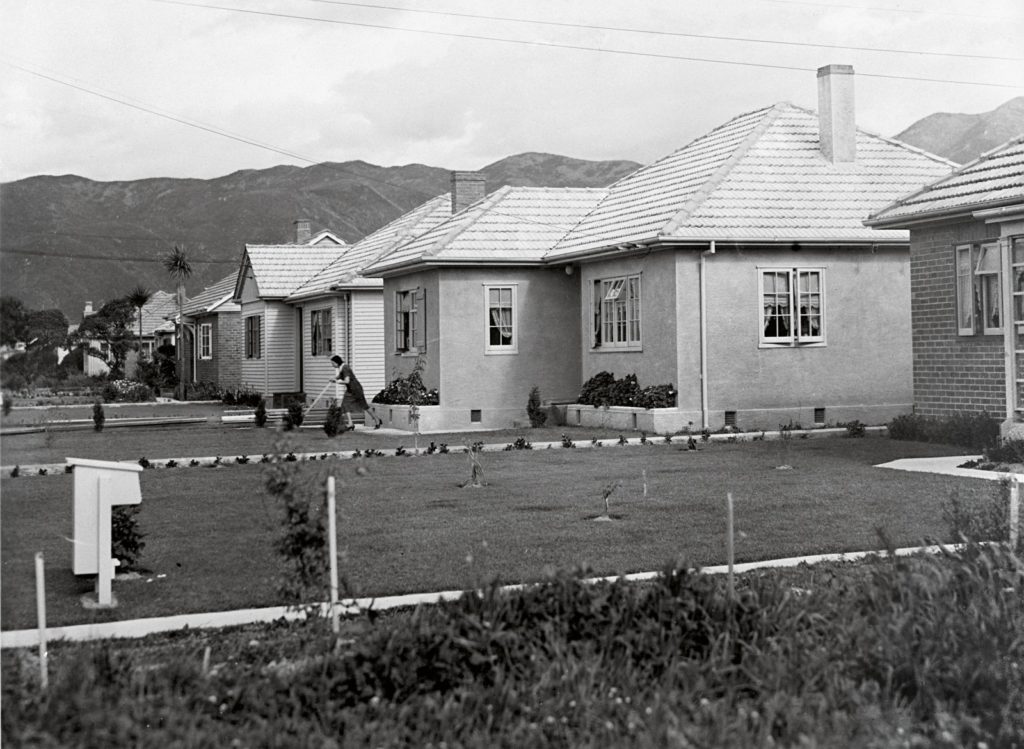
Hilary’s condition was extreme and Dad never forgot the efforts of the local National MP who pulled strings and found funds that allowed them to upgrade their car into something more suitable for ferrying her back and forth between home and hospital where she underwent a series of complex operations on her near useless legs and poorly formed spine.
Assistance was forthcoming from a variety of government departments and in particular, the public health care system. None of this cost them anything and for that Dad has remained ever grateful. We weren’t rich, but we always had enough, and this, in my family’s worldview, was what it was all about: not too little/not too much, rather enough, and as I grew into an adult, these thoughts informed my ideas on what it meant to be a New Zealander.
For me, this country was about the sharing of resources, fairness and generosity of spirit: social concepts I cherish to this day.
I am proud of the achievements of this little nation, an international player that has always punched well above its weight. The efforts of NZ were essential to the forming of the United Nations, a body dedicated to creating a unified set of principles aimed at improving health, welfare, human rights and social justice across the globe. NZ didn’t just preach, we lead by example and today we can proudly say that we are citizens of a country that ranks highly in almost every indicator list of positive endeavour. We are at our best a profoundly enlightened society and we should be well pleased with what we have achieved down here at the world’s end.
We number among the least corrupt, the freest (way ahead of America, the erstwhile land of the free) and the most socially progressive. Our public health care system is one of the best and our education system led the way internationally for decades.
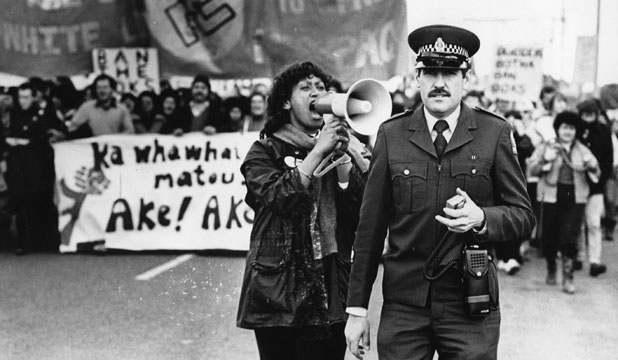
The 1980s were an especially tumultuous decade for NZ, and one that saw us examining our culture with a rigour unseen since the 1930s. We stood up to the political might of France and United States (nuclear weapons) and won. The culturally powerful Rugby Union and its relationship with apartheid-era South Africa was successfully challenged by a population who felt that enough was enough, and we finally began to lay to rest prejudice based on sexuality with the Homosexual Law Reform Bill.
Along with all this came a change in economic direction, however. The walls of fortress NZ (as some critics called it) were torn down and the doors to our economy were thrown open, making us what was at the time the most open economy in the world. Whole industries shut down overnight as the economy was reset, but the most notable change was the adoption of a new economic philosophy, one that stated unequivocally that ‘greed was good’ and by allowing greed to have free reign we would all benefit. It was called the Free Market and for it to work properly, decades of legislation dedicated to controlling our worst tendencies as regard to money needed to be rolled back a few metres.
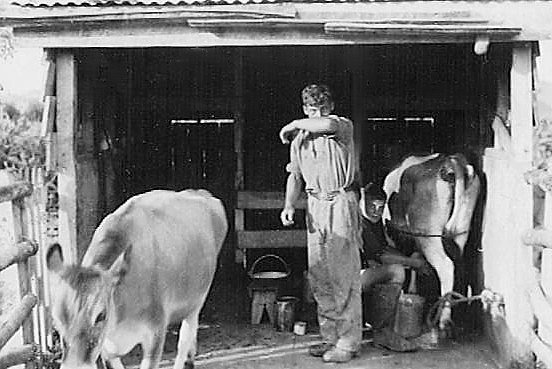
The results have been mixed. We remain a prosperous nation but the gap between the ‘haves’ and ‘have nots’ has been steadily increasing, a worrying trend bearing in mind that in the 1970s this country boasted the most equitable distribution of wealth in the world. That is, the gap between the wealthiest and least wealthy was minimal, which is perhaps a statistic worth celebrating above all others.
How times have changed. These days financial success is openly celebrated and is accompanied by a disturbing social undercurrent that suggests that if you are aren’t in love with the idea of the accumulation of money you aren’t properly in the game.
At the moment those that glorify money are steering the ship, and this has not been good for what has been traditionally a society dedicated to the ideal of egalitarianism.
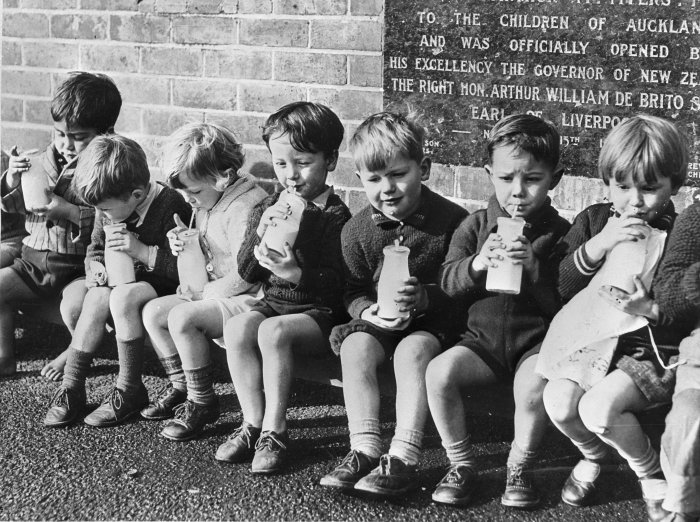
As a result, our psyche has become somewhat unbalanced and I will even go as far as to say that we are in a phase of ‘spiritual’ desertification: a nation without a higher calling or purpose. Traditionally a nation that leads, lately NZ seems to be drifting, unsure of who and what we stand for as a society and what we want for our future outside of financial prosperity.
It’s time we sat down and started talking about it. ANDREW JOHNSTONE
*Egalitarianism is a trend of thought in political philosophy. An egalitarian favours equality of some sort: People should get the same, or be treated the same, or be treated as equals, in some respect.





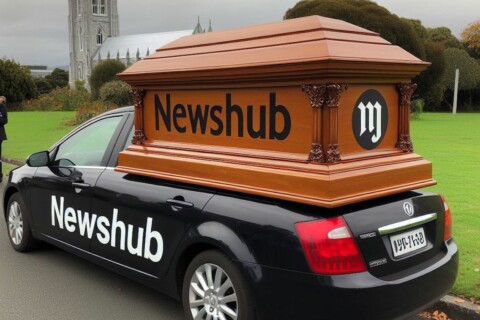


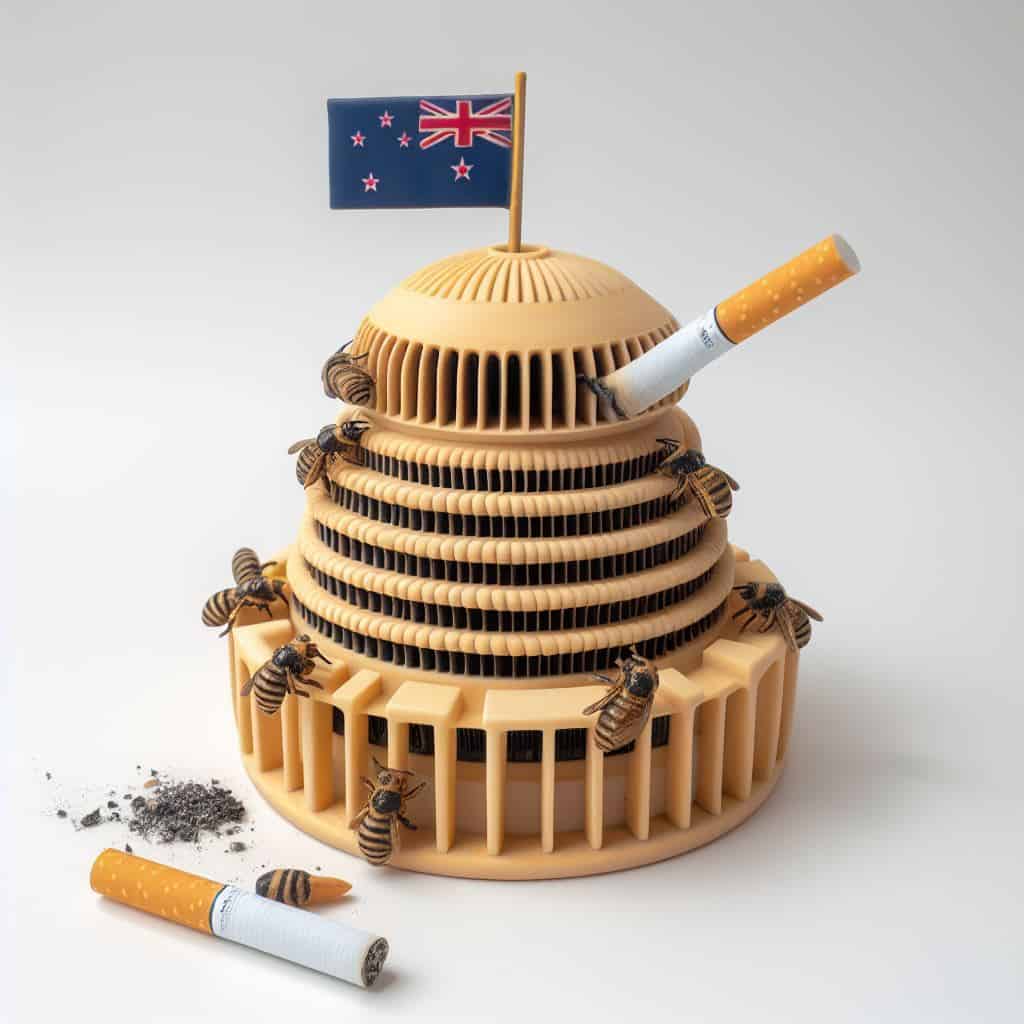
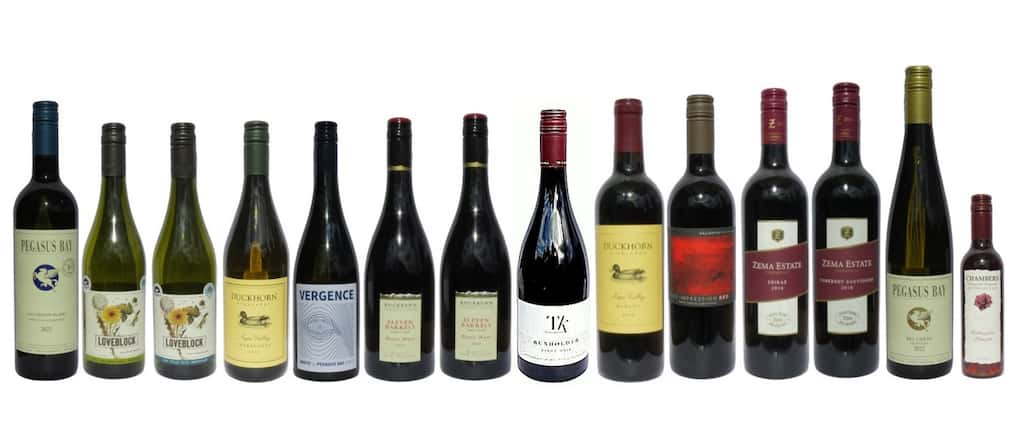

” a new economic philosophy, one that stated unequivocally that ‘greed was good’”
I heard a rumour that Milton Freidman visited NZ in the 80’s, talked to Douglas did some TV. I’d like to find out for sure if he did